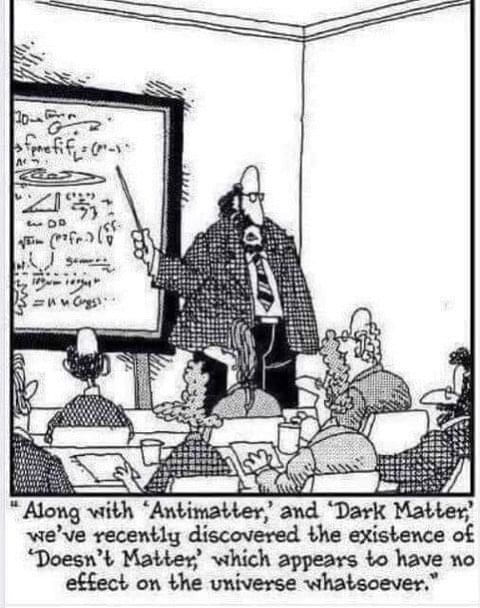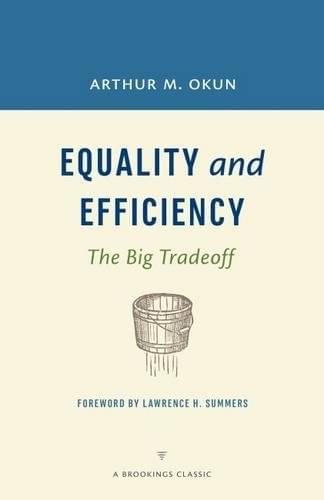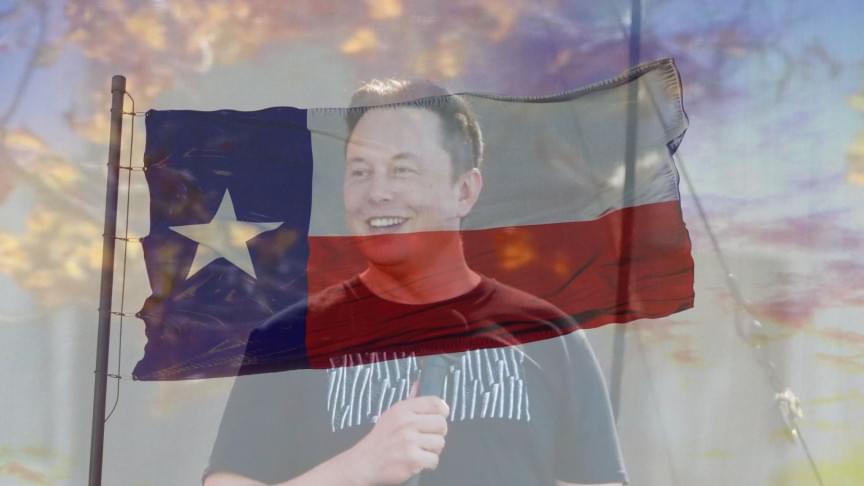Crabe-shape beings.
The joke—that everything will eventually look like a crab—comes from an actual truth. The crab shape has evolved so many times that scientists had to come up with a special term for it: carcinization.
While it’s probably not in the stars for humans to evolve into crabs, it is something that has happened multiple times in the crustacean family, where a creature may have started out looking like a lobster or a hermit crab and then eventually turning into the low, round, pinchy critters we all know and love. But before we dive into why this is, let’s first define the term “crab.”
When you think of the word crab, the first thing that pops into your head is probably something that looks like a blue, king, or Dungeness crab. Their look is unique and therefore memorable—a short, flat, roundish or square body shape, an abdomen hidden on the underside of the crab, and a hidden tail replacing a muscley exposed one that is common with lobsters.









